detail profile elie wiesel
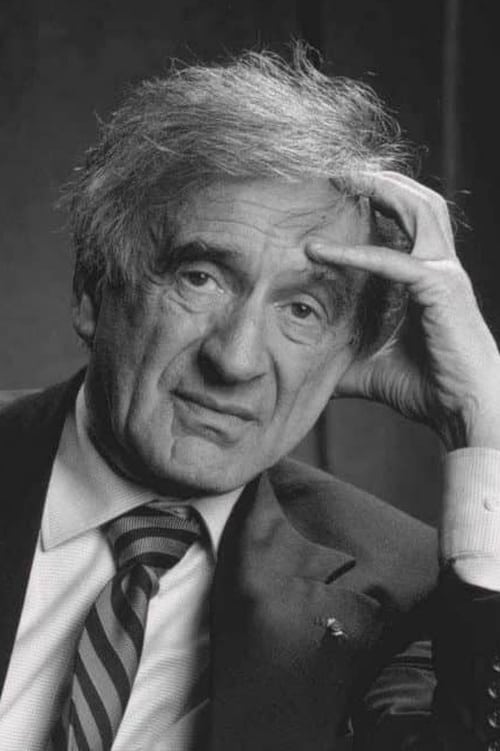
Elie Wiesel
Eliezer Wiesel
atau dikenal sebagai
Riwayat Hidup
Elie Wiesel (born Eliezer Wiesel, Yiddish: אליעזר װיזעל Eliezer Vizel; September 30, 1928 – July 2, 2016) was a Romanian-born American writer, professor, political activist, Nobel laureate, and Holocaust survivor.
He authored 57 books, written mostly in French and English, including Night, a work based on his experiences as a Jewish prisoner in the Auschwitz and Buchenwald concentration camps.
He was a professor of the humanities at Boston University, which created the Elie Wiesel Center for Jewish Studies in his honor.
He was involved with Jewish causes and human rights causes and helped establish the United States Holocaust Memorial Museum in Washington, D.
C.
In his political activities, he also campaigned for victims of oppression in places like South Africa, Nicaragua, Kosovo, and Sudan.
He publicly condemned the 1915 Armenian genocide and remained a strong defender of human rights during his lifetime.
He was described as "the most important Jew in America" by the Los Angeles Times in 2003.
Wiesel was awarded the Nobel Peace Prize in 1986.
The Norwegian Nobel Committee called him a "messenger to mankind", stating that through his struggle to come to terms with "his own personal experience of total humiliation and of the utter contempt for humanity shown in Hitler's death camps", as well as his "practical work in the cause of peace", Wiesel delivered a message "of peace, atonement, and human dignity" to humanity.
The Nobel Committee also stressed that Wiesel's commitment originated in the sufferings of the Jewish people but that he expanded it to embrace all repressed peoples and races.
He was a founding board member of the New York Human Rights Foundation and remained active in it throughout his life.
Elie Wiesel was born in Sighet (now Sighetu Marmației), Maramureș, in the Carpathian Mountains of Romania.
His parents were Sarah Feig and Shlomo Wiesel.
At home, Wiesel's family spoke Yiddish most of the time, but also German, Hungarian, and Romanian.
Wiesel's mother, Sarah, was the daughter of Dodye Feig, a Vizhnitz Hasid and farmer from the nearby village of Bocskó.
Dodye was active and trusted within the community.
Wiesel's father, Shlomo, instilled a strong sense of humanism in his son, encouraging him to learn Hebrew and to read literature, whereas his mother encouraged him to study the Torah.
Wiesel has said his father represented reason, while his mother Sarah promoted faith.
Wiesel was instructed that his genealogy traced back to Rabbi Schlomo Yitzhaki (Rashi), and was a descendant of Rabbi Yeshayahu ben Abraham Horovitz ha-Levi.
Wiesel had three siblings—older sisters Beatrice and Hilda, and younger sister Tzipora.
Beatrice and Hilda survived the war, and were reunited with Wiesel at a French orphanage.
They eventually emigrated to North America, with Beatrice moving to Montreal, Quebec, Canada.
Tzipora, Shlomo, and Sarah did not survive the Holocaust.
.
.
.
Source: Article "Elie Wiesel" from Wikipedia in English, licensed under CC-BY-SA 3.
0.
Info Pribadi
Peran Yang Di Mainkan Elie Wiesel
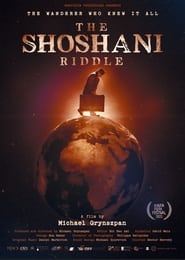 No one knows his real name...
No one knows his real name...The Shoshani Riddle 2023
No one knows his real name; he is only known as Mr. Shoshani. He was an eternal nomad, a mad genius, who attracted disciples such as Nobel Prize winner Eli Weisel and renowned philosopher Emmanuel Levinas. Mr. Shoshani is one of the unsolved riddles of the 20th century, he is among the 10 most mysterious people of all time.
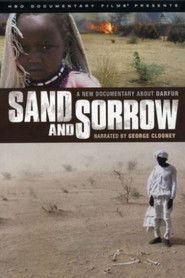 A documentary about the events that...
A documentary about the events that...Sand and Sorrow 2007
A documentary about the events that led to the rise of Darfur's Arab-dominated government and the international community's "legacy of failure" to respond to the genocide carried out in the country.
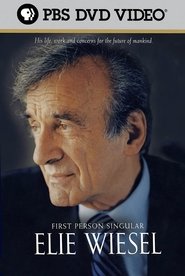 Visual biography of Nobel Prizewinning author...
Visual biography of Nobel Prizewinning author...Elie Wiesel: First Person Singular 2002
Visual biography of Nobel Prize-winning author, Holocaust survivor, and human rights activist Elie Wiesel.
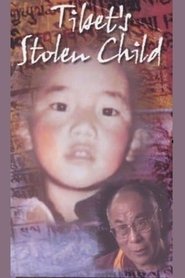 A film about the abduction of...
A film about the abduction of...Tibet's Stolen Child 2001
A film about the abduction of Tibet's second highest ranking Lama by the Chinese authorities.
 A documentary chronicling the adolescent years...
A documentary chronicling the adolescent years...Elie Wiesel Goes Home 1997
A documentary chronicling the adolescent years of Elie Wiesel and the history of his sufferings. Eliezer was fifteen when Fascism brutally altered his life forever. Fifty years later, he returns to Sighetu Marmatiei, the town where he was born, to walk the painful road of remembrance - but is it possible to speak of the unspeakable? Or does Auschwitz lie beyond the capacity of any human language - the place where words and stories run out?
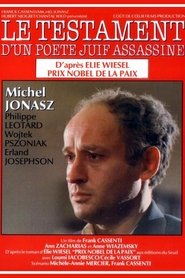 This somber drama chronicles the writings...
This somber drama chronicles the writings...Le Testament d'un poète juif assassiné 1988
This somber drama chronicles the writings of Paltiel Kossover (Michel Jonasz), a Rumanian Jew who was incarcerated in a Stalinist prison. Zupanev (Erland Josephson) is a sympathetic court registrar who smuggles the documents and later presents them to the poet's son Grisha (Vincent David).
 In a drama in which even...
In a drama in which even...The Dawn 1986
In a drama in which even Gad has a role as well as Michael York, it is certain that serious issues are at stake. Set during the time before the state of Israel was created and established, a British officer has been captured by a band of Jewish resistance fighters with the intent of killing him at dawn. One of the Jews was sentenced to die after being captured by the English, and this death will be in retaliation. The trouble is that a young and ambivalent fighter is left holding the officer captive with orders to shoot him at the pre-arranged time. It is a long night of soul-searching before the Jewish soldier comes up with a solution to his quandary.
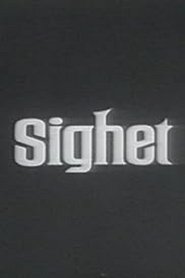 Elie Wiesel a survivor from Sighet...
Elie Wiesel a survivor from Sighet...Sighet, Sighet 1967
Elie Wiesel, a survivor from Sighet, a town from which a thousand Jews were deported to the ovens of Auschwitz, returns, unknown and unseen, a silent witness to the town where he was born and grew up.
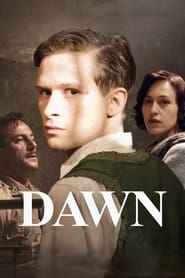 The story is set in Palestine...
The story is set in Palestine...